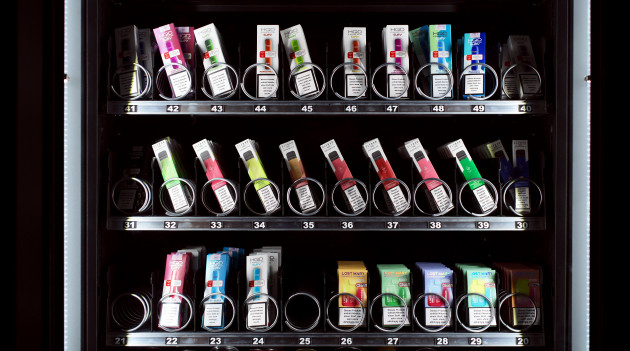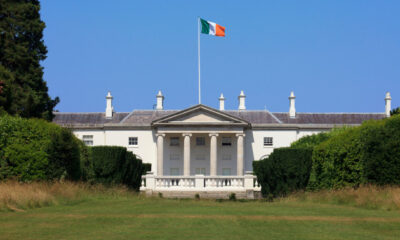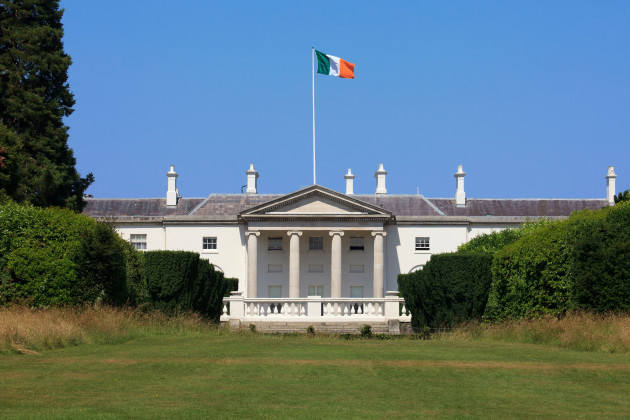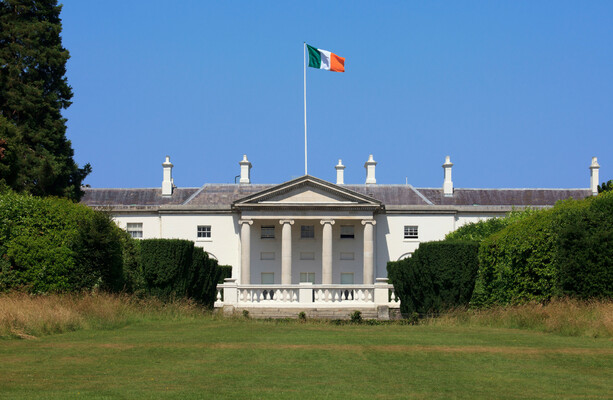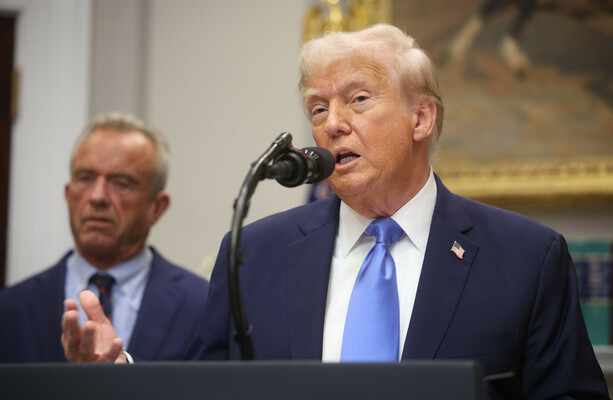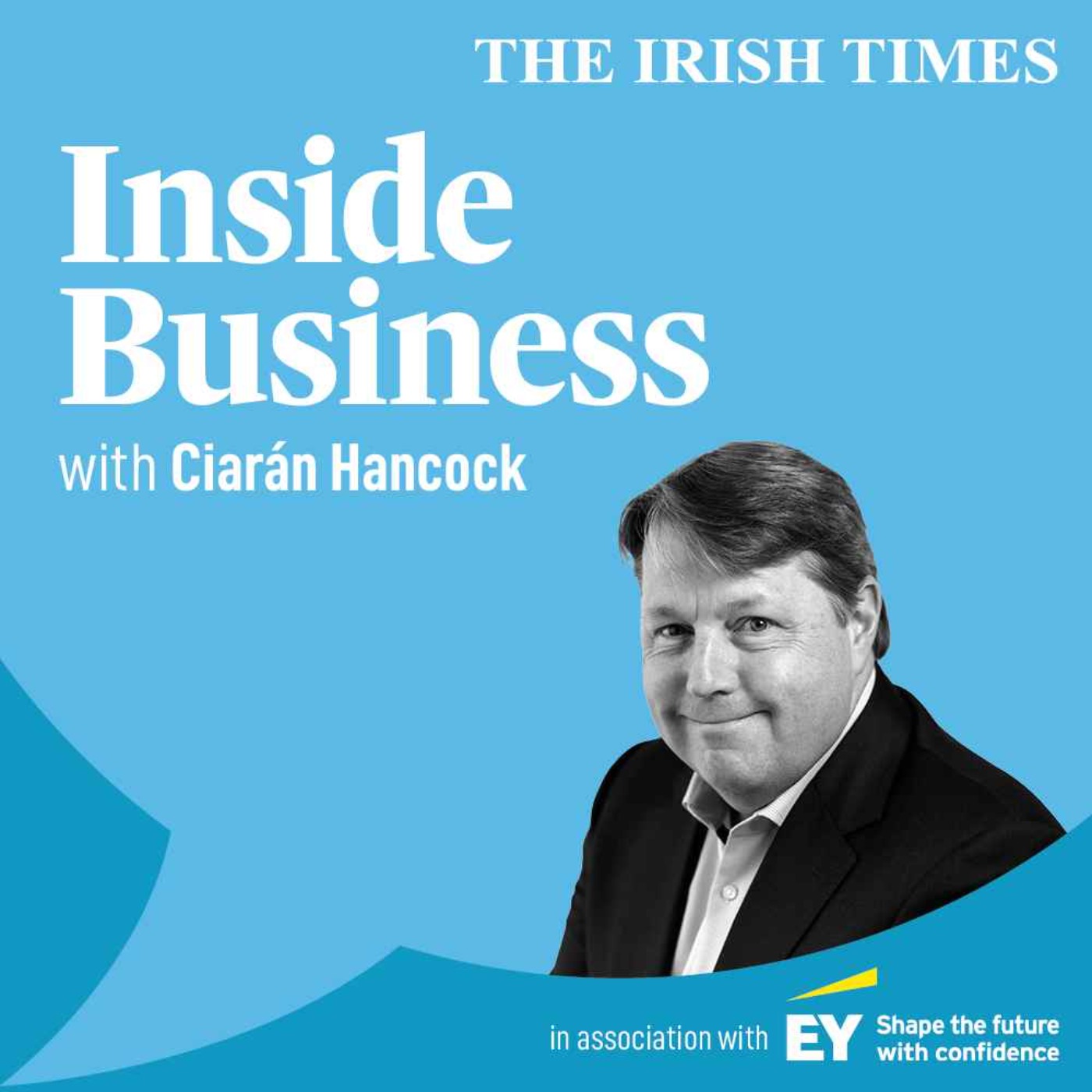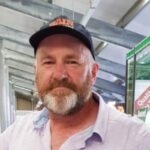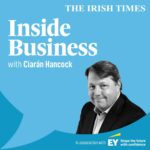WHEN DEPUTY DANNY Healy-Rae stood up in the Dáil last week and said that Autism “wasn’t an issue in my day” and that “there were very few in my day”, I felt a familiar pang.
I’ve heard variations of this claim my whole life; the idea that Autistic people are somehow a new problem for society.
Danny Healy-Rae also suggested that vitamin deficiencies might be a cause of Autism. Now, with US President Donald Trump and his Health Secretary Robert F. Kennedy Jr. repeating the myth that paracetamol causes Autism, misinformation is coming from both sides of the Atlantic.
These narratives are not just wrong; they are deeply damaging.
Autism is not a new discovery
Autism is not a 21st-century invention. Long before paracetamol, Tylenol, or modern diagnostic manuals, observers described people with behaviours and sensory sensitivities that map onto what we now recognise as Autism. Scholars believe figures like Michelangelo, Sir Isaac Newton, and Albert Einstein may have been Autistic. In France in the 1800s, Victor of Aveyron, sometimes called “the wild boy of Aveyron”, showed behaviours we would now recognise as Autistic traits.
Soviet psychiatrist Grunya Sukhareva published detailed case studies of children with narrow interests and social difficulties in 1925, almost two decades before the word “Autism” entered mainstream psychiatric literature.
These are not curiosities; they are evidence that Autistic ways of being have always existed.
The truth is, Autistic people were there in Danny Healy-Rae’s day; we just weren’t seen. Many were kept at home, institutionalised, or pushed to the margins of society. If you think back to your own classroom, you probably remember a child who kept to themselves or was written off as “odd”. That child may have been Autistic.
Many people are only being identified now because diagnostic criteria, awareness, and reduced stigma mean that parents and adults are more willing to seek help for their children or themselves.
Girls and women have been under-recognised because they mask, learning social scripts to blend in. Research documents this “female camouflage” effect and its role in later or missed diagnoses. Masking isn’t harmless; it has real costs for mental health and well-being. Autistic burnout often mimics depression.
Calls for a ‘cure’
For Autistic people, the endless chatter about a cause or cure is deeply distressing. It frames our existence as a problem rather than a way of being human.
As a child, I banged my head off walls to regulate myself. As a teenager, I hurt myself to cope. My mother could not take me anywhere that was bright or noisy. Those struggles haven’t vanished; I learned to manage, and my meltdowns happen behind closed doors. That is what being Autistic can look like.
Language matters. When leaders speak of Autistic people as something that must be explained away, they reduce our lives to statistics or pathology. That rhetoric fuels stigma and prioritises “fixing” over supporting.
For many Autistic people, the goal is not to be cured, but to be accepted, accommodated, and resourced.
The world should be changed to include us, not the other way round.
Attempts to pinpoint a cause
Trump and RFK Jr. claimed this week that the most common painkiller used in pregnancy causes Autism. It is right to scrutinise any potential risk to pregnant people and babies, but science must follow evidence, and large, well-designed studies that control for family and genetic factors have found no causal link.
A major Swedish population study that initially found small associations with paracetamol used sibling comparisons, but when they compared siblings, they found that both the one exposed to paracetamol and the one not exposed could be Autistic at similar rates. That showed the small link they saw at first wasn’t caused by the medicine itself; it was due to other shared family or genetic factors.
Worse than the scientific uncertainty is how claims about “causes” are weaponised.
Andrew Wakefield’s infamous 1998 paper linking the MMR vaccine to Autism was later retracted as fraudulent, but not before it caused panic, plummeting vaccination rates, and cast Autistic people as the “cost” of immunisation.
Nearly 30 years later, this myth still circulates widely online. Wakefield had financial motives, profiting from undermining the combined MMR with his own vaccine. His fraud was both dangerous and lucrative.
So when I hear Trump and RFK Jr. pushing paracetamol as the supposed cause, I can’t help but ask, what “cure” will follow? Who will swoop in with a “safe alternative”, a supplement, a miracle therapy? Who is lining their pockets while families are whipped into fear, and Autistic people are treated as broken? Who benefits from you believing this?
We need supports, not stigma
Autism is a lifelong neuro-developmental difference shaped by complex genetic and environmental factors, and it is part of human diversity. The World Health Organisation and major research bodies make this clear.
Autism exists, but services don’t. Across Ireland, families are waiting years for assessment. Children are being left without school places or forced to travel hours for appropriate education.
Perhaps it is time we turned the lens around.
Our brains, like our appearances, are diverse. Autism and ADHD are not rare pathologies but part of the natural spectrum of humanity. I explain it to my kids like this: “You are an iPhone, and I’m an Android. We just run on different operating systems.” Neither is broken, neither needs curing; they just work differently.
Autism is also not a straight line from “mild” to “severe.” It is more like a pie chart, with slices representing communication, sensory needs, executive function, and more.
I also live with Ehlers-Danlos Syndrome, and research shows that conditions like EDS and hypermobility often overlap with neurodivergence, including Autism and ADHD. That shows how complex human biology is, and how wrong it is to look for a single “cause” of Autism. We are messy, diverse beings, and Autism is part of that natural complexity, not a mysterious illness.
What is truly distressing is the constant view of Autistic people as a problem to be solved, something to be prevented or cured. We are not broken. We are part of human diversity. Until people in power understand that, families like mine will keep being failed.
Evie Nevin has a degree in journalism. She is an Autistic mother of two, actor, advocate for neurodivergent and disabled people, public speaker, and political campaigner based in West Cork.
Readers like you are keeping these stories free for everyone…
A mix of advertising and supporting contributions helps keep paywalls away from valuable information like this article.
Over 5,000 readers like you have already stepped up and support us with a monthly payment or a once-off donation.

